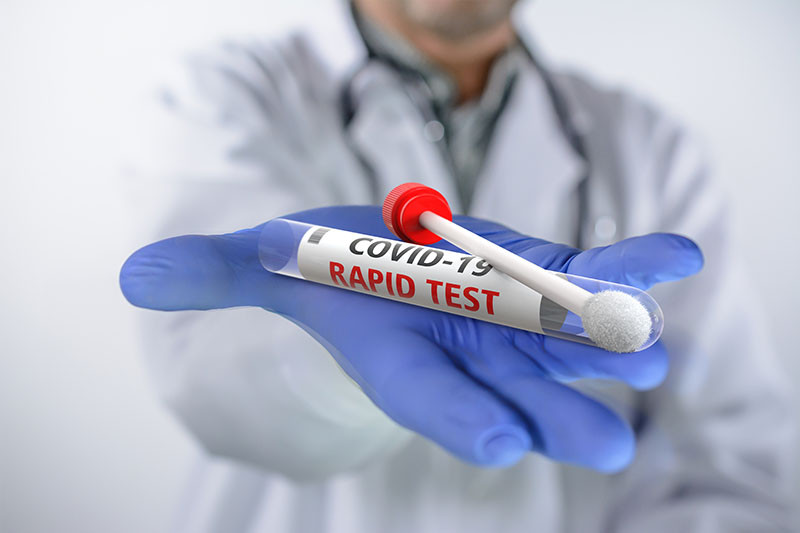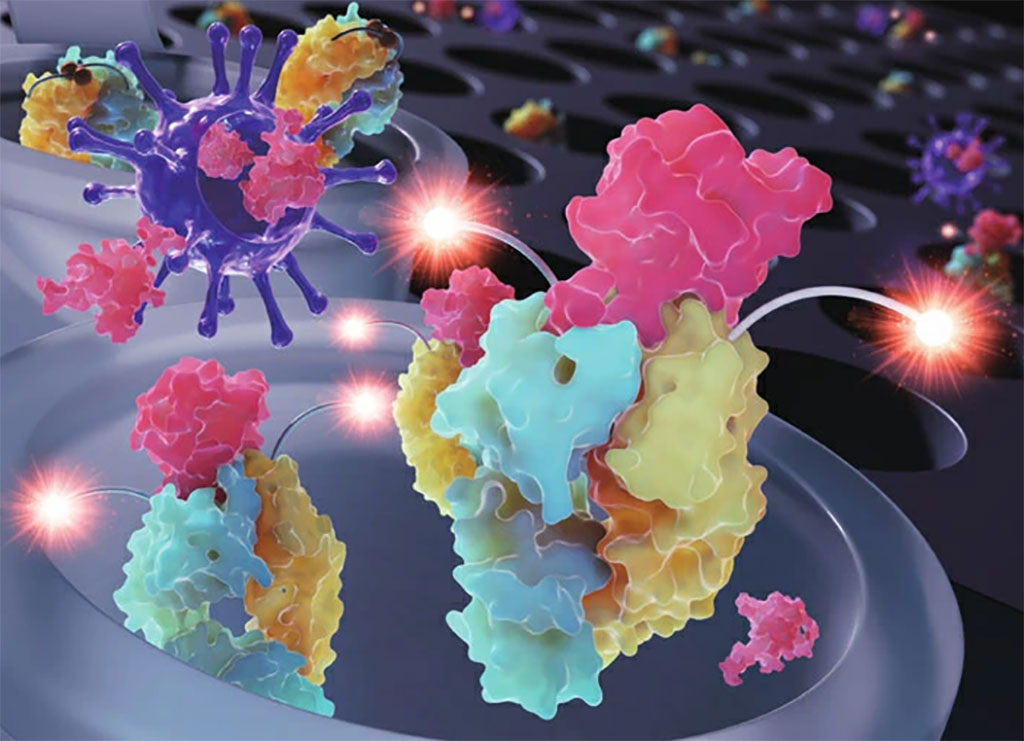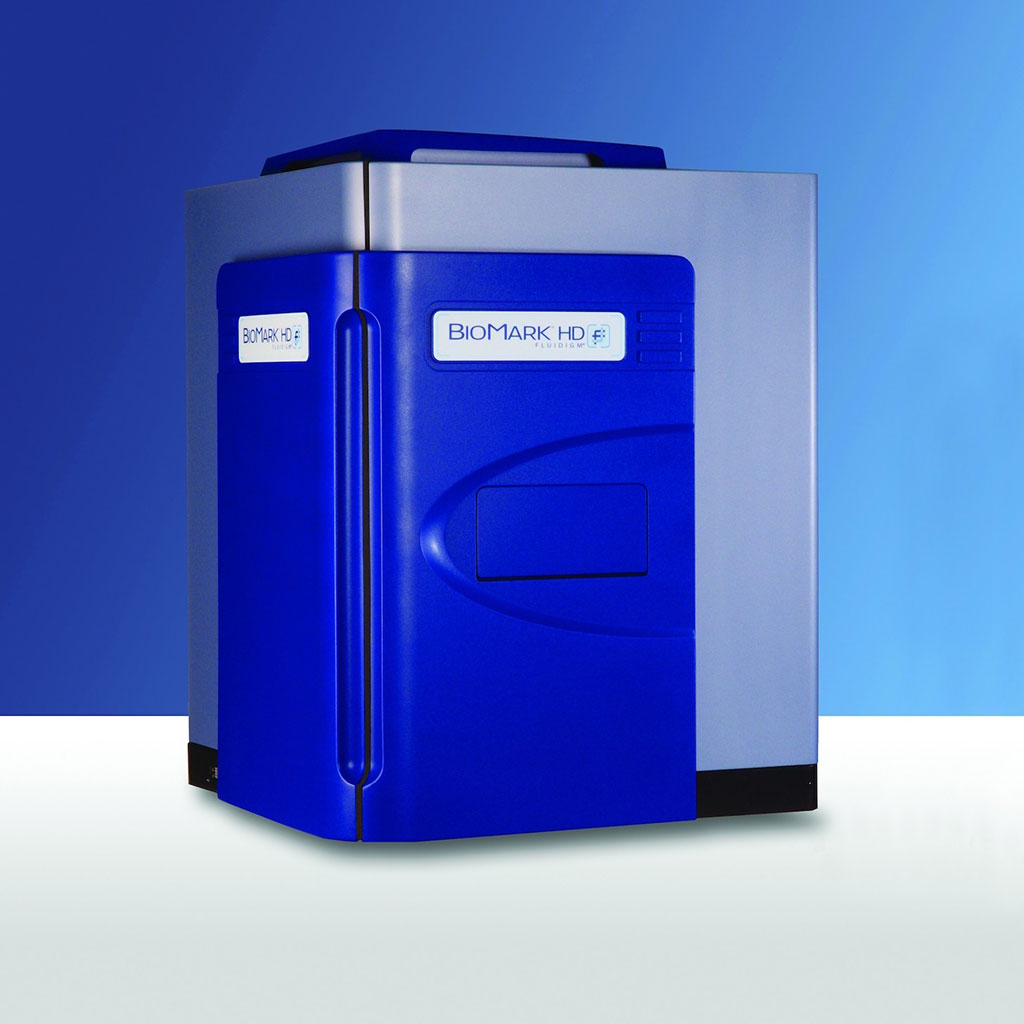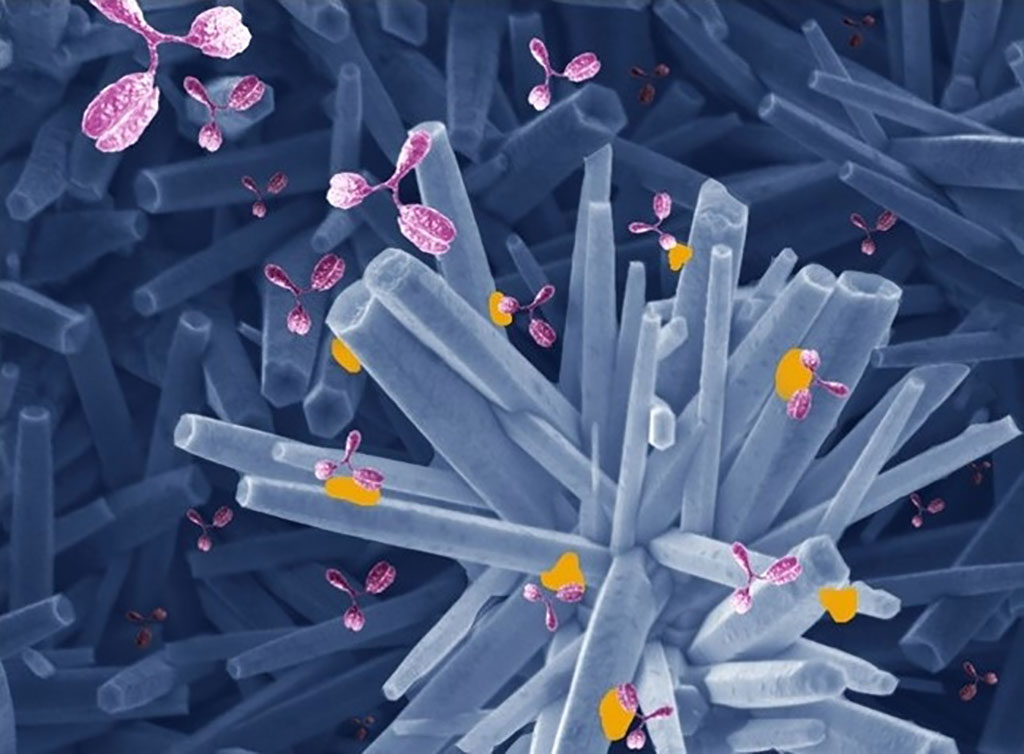New AI-Driven COVID-19 Testing Algorithm Could Lead to Fewer Infections
By LabMedica International staff writers
Posted on 25 Jan 2021
A new artificial intelligence (AI) algorithm could help leaders of governments and organizations make better informed decisions on how many symptomatic and asymptomatic individuals to test for COVID-19 with a limited supply of daily tests, and at what stage of the pandemic.Posted on 25 Jan 2021
Simulated testing strategies of the AI model developed by researchers at Penn State’s College of Information Sciences and Technology (University Park, PA, USA) resulted in approximately 40% fewer infections. Using an AI model known as Partially Observable Markov Decision Processes, the team developed a sequential policy for distributing tests among a population. Their model, called Design of Optimal COVID-19 Testing Oracle, or DOCTOR, was measured against other existing testing strategies used by governments and institutions. Many of these other strategies are static and non-adaptive, potentially causing significant shortcomings in their effectiveness in containing COVID-19.

Image: New AI-Driven COVID-19 Testing Algorithm Could Lead to Fewer Infections (Photo courtesy of Giovanni Cancemi)
In a two-phased approach, DOCTOR first suggests spending more effort in testing symptomatic individuals, allocating approximately 65% of its available testing kits for individuals presenting symptoms. Over time, as the number of symptomatic individuals diminishes due to these patients moving to quarantine or hospital settings, DOCTOR shifts its attention to asymptomatic testing, gradually increasing the number of testing kits allocated to asymptomatic individuals as decision points proceed. When applied in a simulation to the city of Santiago in Panama - a country with the world’s highest rate of COVID-19 infections per capita - the model’s testing strategy outperformed state-of-the-art baselines by achieving approximately 40% fewer COVID-19 infections. This illustrates the benefit of having an adaptive strategy, and even more so with new variants of the virus emerging, according to the researchers. The team’s research shows that the use of an AI-driven testing strategy for COVID-19 would be most beneficial when the pandemic spread is intermediate - meaning it’s not too severe and it’s not too slow. As COVID-19 is currently in an intermediate stage in many places worldwide, it is an optimal time for governments and institutions to consider an AI-driven testing strategy. Additionally, the model could be useful in guiding decision makers in the event of a future pandemic.
“There is a possibility that testing is still going to be a part of our COVID-19 prevention efforts in the next year,” said Amulya Yadav, PNC Technologies Career Development Assistant Professor at the College of IST. “Even if vaccines work on the new variants as well, I think there is going to be a difference or a divide between developed and underdeveloped countries and how quickly they are able to vaccinate their populations. So testing is going to be much more important.”
Related Links:
Penn State














